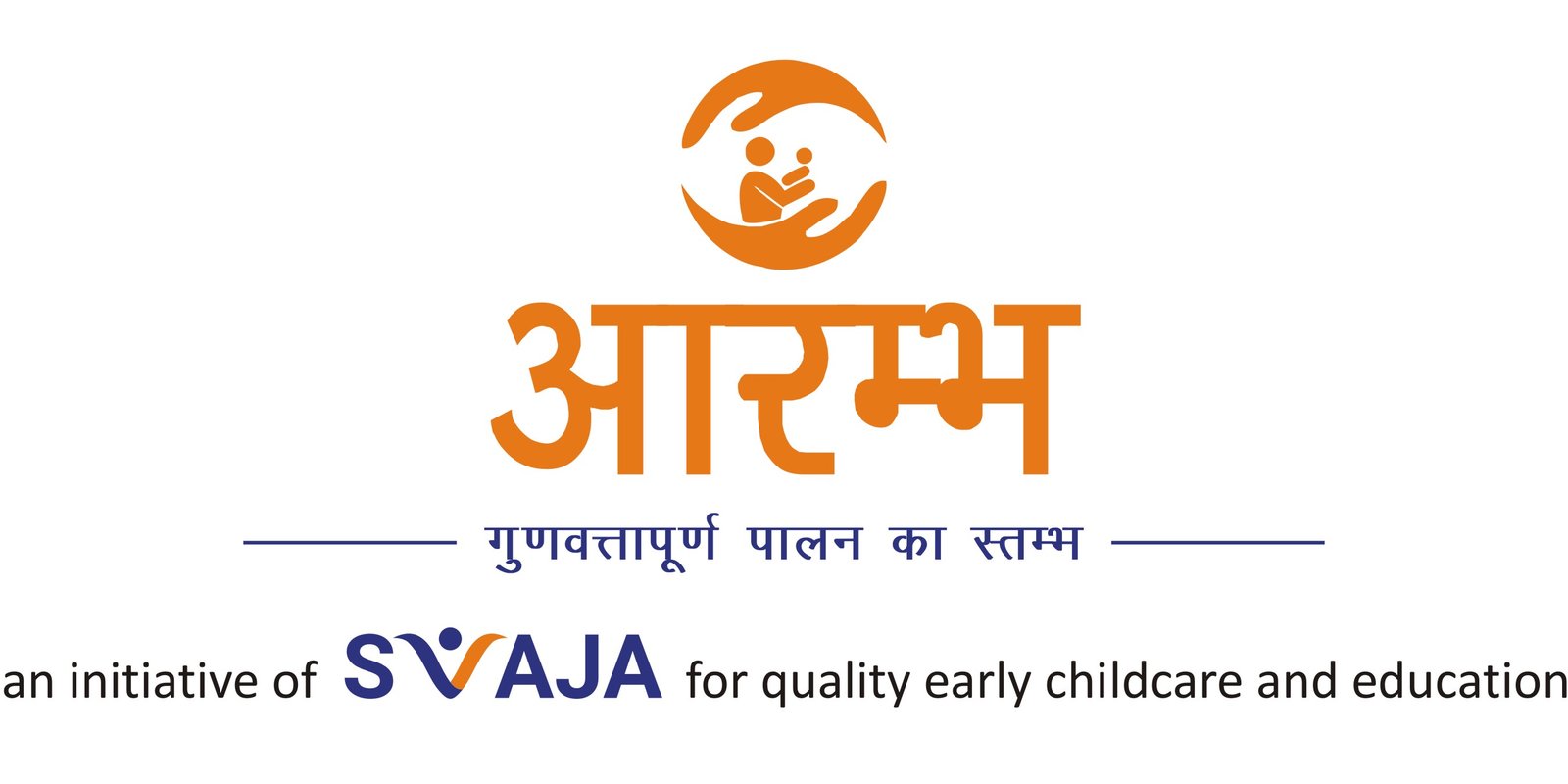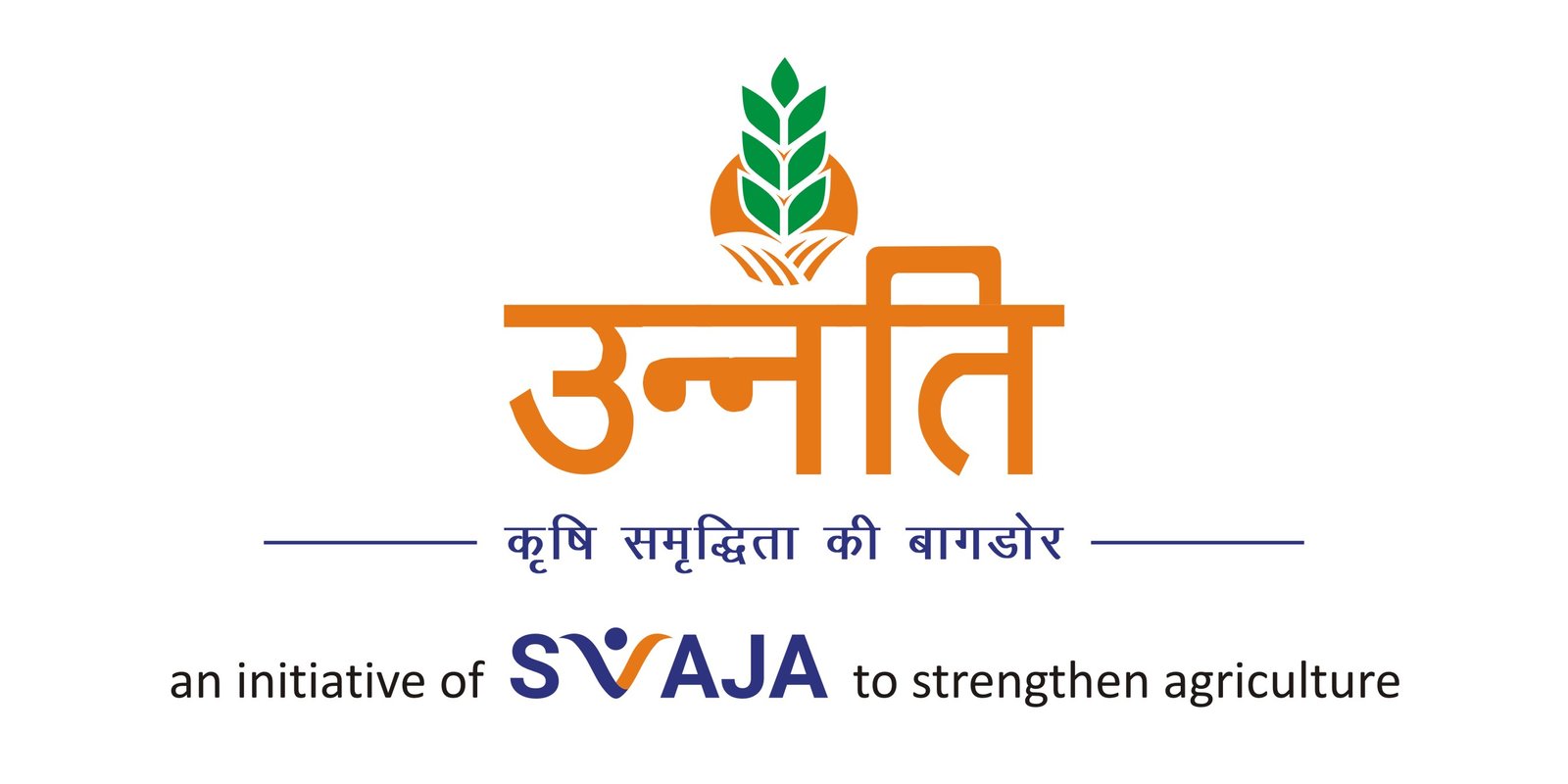
“Building capacity dissolve differences. It irons out inequalities.”
If anyone has the opportunity to build their capacity, they will have the power to dissolve differences. It will create a more equitable and inclusive environment where individuals can reach their full potential, regardless of their background or circumstances. Capacity building fosters a sense of empowerment, self-reliance, and ownership so that they gain greater control over their own future development with the following:
• Capacity building purposefully minimize an over resilience on outside sources, it develops skill knowledge and ability to lead better life.
• Reducing dependency on outsiders, capacity building encourages local people to take action on local issues themselves.
• Capacity building helps to identify strengths and weaknesses and develop strategies to improve the performance effectively and efficiently.
• Promote innovation and creativity by encourage individuals to think out the box and come up with new ideas.
With this thought, Svaja strives to develop and organize need based capacity building and training programs for underserved needy section of rural and urban (children, adolescent, youth , women, elderly farmers and unorganized sectors ) to enhance their capacity and knowledge, equipping them to build enhanced capabilities and skills to get better livelihood opportunities to lead a better quality of life. This will include understanding their need and designing and conducting customized capacity building programs and trainings programs for effective outcomes.

The economic independence of women is a crucial aspect of their empowerment. However, a significant number of women exit the workforce following motherhood, posing challenges for both the nation and the family. This predicament is prevalent across all sectors of society, with women from underprivileged backgrounds facing even greater hardships due to limited family income. Consequently, these women are compelled to seek employment to provide for their families, addressing an array of social issues they encounter on a daily basis. Consequently, their children are exposed to various risks, including inadequate nutrition, limited access to healthcare and insurance, reduced educational opportunities, housing instability, substandard schools, domestic violence, and unsafe neighborhoods.
Extensive research has underscored the pivotal role of quality childcare in enhancing human capital and nation-building. Access to quality childcare empowers more women, particularly those with young children, to participate in the workforce and contribute to their families' income. Moreover, quality childcare facilities can assist families in low- and moderate-income communities in combating poverty, yielding a profound impact on human capital development through child development and women's empowerment, ultimately fueling the nation's economic growth. Recognizing the significance and exigency of quality childcare, Svaja advocates for the establishment of childcare centers for low-income parents, with the following objectives:
• Create a childcare center for the children of marginalized working women and parents, to support them to work dedicatedly and peacefully for the economic well-being of their family.
• Create a pool of household support systems for better income-earning women groups by building capacity and creating livelihood opportunities for marginalized women group.
Quality childcare facilities play a pivotal role in the mental and physical development of children, women's empowerment, the cultivation of high-quality human capital, and the economic advancement of the nation.

Given that Indian agriculture is predominantly operated by small and marginal farmers with limited land holdings, the enhancement of productivity stands out as the primary means to uplift family incomes. Augmenting productivity alongside diversifying these families into allied activities presents itself as another viable avenue for ensuring the sustainability of agriculture. The modernization of farms and adopting new technologies emerge as imperative considerations.
Ensuring equitable access to farm services at the farmers' doorsteps and providing farm equipment and inputs at affordable prices to all segments of the farming community are crucial components. Empowering farmers with enhanced knowledge will enable them to make informed decisions, thus fostering self-sufficiency. As the next generation shows a keen interest in agriculture to improve their quality of life, the Svaja Foundation envisions an Agriculture Support Center with the following objectives:
• Create a one-stop solution for marginalized farmers to enhance their knowledge of scientific intervention and optimum use of technology for better crop production.
• Enhance access to farming equipment at an affordable price for the marginalized and progressive farmers.
This center aims to effectively meet the needs of farmers with limited resources in an agricultural area facing challenges due to a lack of necessary facilities. It seeks to enhance farmers' knowledge by connecting their existing expertise with scientific experiments and improving their access to high-quality farm inputs at affordable prices. Additionally, it aims to connect farmers with a product sales network, enabling them to maximize their crop yield through the use of technological interventions.
